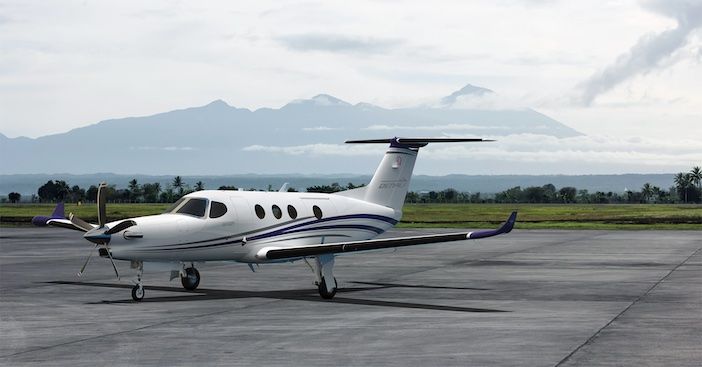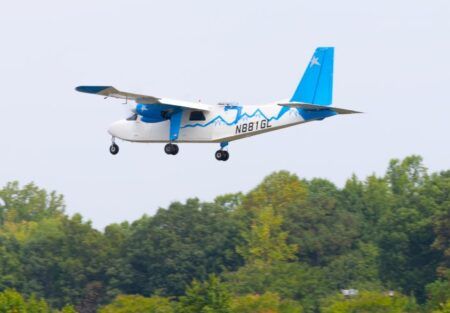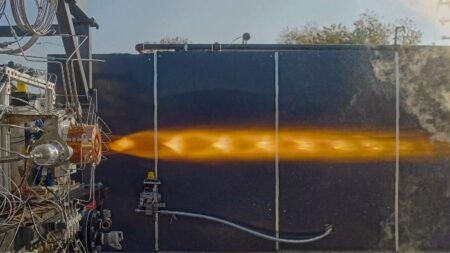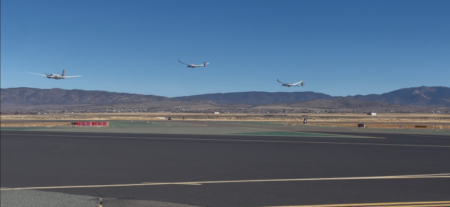Testing of the Beechcraft Denali being developed by Textron is progressing as anticipated with a first flight for the single-engine turboprop aircraft anticipated later this year.
The five-seat Beechcraft Denali, which was previously branded the Cessna Denali, has been designed to achieve cruise speeds of 330mph (530km/h) with a full fuel payload of 1,100 lbs (500kg) and a range of 1,800 miles (3,000km) . The aircraft features Garmin G3000 avionics and the largest cabin in its class.
“We’re making remarkable progress with the aircraft’s development program,” said Chris Hearne, senior vice president, Engineering. “We have already achieved a number of important milestones, and the next few months will feature a great amount of activity as our team prepares the Denali for its inaugural flight.”
Earlier this month, the first Full Authority Digital Engine Controlled (FADEC) GE Aviation Catalyst engine was installed on the first prototype airframe and the aircraft was powered on for the first time. Engine runs are anticipated in August, followed by a first flight for the aircraft projected for later this year.
Two other Denali flight test articles are in development. Three additional ground test articles will be used for the airframe static and fatigue tests, and for cabin interior development and testing. The company plan to certify the Denali in 2023.
Textron also sell the twin-engined Beechcraft King Air 260 and King Air 360/360ER turboprops
“We continue to receive interest around the world from turboprop and piston owners of competing aircraft, who are looking to move into an aircraft with greater performance and enhanced passenger experience,” said Lannie O’Bannion, senior vice president of global sales and flight operations.
“The Denali will offer an outstanding combination of lower operating costs and technological advancements, along with the widest and most comfortable cabin in its segment. And all of it is backed by the most extensive global network of factory-direct service centers in the industry.”
GE Aviation’s Catalyst engine has completed over 2,300 hours of testing and prepping for a first flight on its Beechcraft King Air flying test bed. The 1,300 shaft horsepower (SHP)-rated turboprop engine, which burns less fuel than older turboprops can also use sustainable aviation fuel, which results in lower emissions.
The aircraft is equipped with McCauley’s new 105in (265cm) diameter composite, 5-blade, constant speed propeller, which is full feathering with reversible pitch and ice protection. The propeller will undergo a series of certification tests, and several are already underway.





